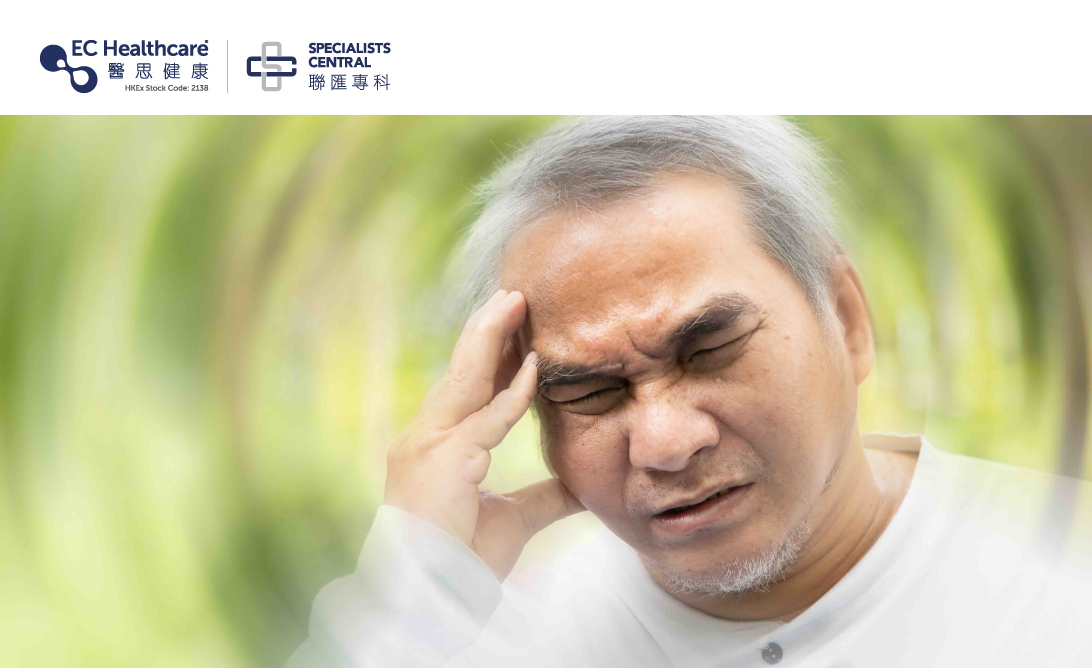Dizzy Spells and Imbalance Due to Ear Fluids? These 5 Foods Can Help Alleviate Symptoms


Experiencing sudden dizziness, a spinning sensation, and ringing in the ears can be distressing - you may be dealing with an imbalance of ear fluids!

What Is Ear Fluid Imbalance?
Ear fluid imbalance, also known as Ménière's disease, refers to the dysfunction of the inner ear system responsible for hearing, maintaining body balance, and spatial orientation. This includes the semicircular canals and otolith organs, which experience fluid imbalances and functional abnormalities. During an episode, patients may experience symptoms such as dizziness, vertigo, loss of balance, unsteadiness, ringing in the ears, ear fullness, and blocked ears. Some patients may also experience nausea, vomiting, immobility, or falls due to the severity of their condition.
Ear fluid imbalance can be caused by factors such as inner ear infections, benign paroxysmal positional vertigo (BPPV), degeneration of the cochlear structures, infections, or injuries. Excessive or accumulated lymphatic fluid in the inner ear can lead to inner ear hydrops, resulting in symptoms of ear fluid imbalance. In severe cases, patients may experience hearing loss, persistent tinnitus, or even complete hearing loss.
How Can Ear Fluid Imbalance be Prevented or Improved?
Individuals between the ages of 20 and 60, as well as those with a family history, are more susceptible to ear fluid imbalance. Women also have a higher likelihood of experiencing ear fluid imbalance compared to men. While there is currently no foolproof method to prevent the occurrence of ear fluid imbalance, certain lifestyle habits can help alleviate and improve its symptoms and frequency. These include getting sufficient sleep, engaging in moderate exercise, managing stress levels, adopting a low-sodium diet, avoiding rapid changes in head position, and maintaining balance awareness. Additionally, reducing the consumption of the following foods can help lower the risk of excessive lymphatic fluid or swelling leading to ear fluid imbalance:
1.Salty foods
2.Strong tea
3.Coffee
4.Spicy foods
5.Alcohol
If experiencing an episode of ear fluid imbalance, it is important to slow down and prioritize safety. If possible, find a nearby chair to sit and rest. If the symptoms persist for more than 2 days or occur frequently, with episodes happening several times a week, seeking medical attention promptly is advised to explore treatment options. Depending on the severity of the condition, healthcare professionals may consider medications, physical therapy, dietary adjustments, or surgical interventions as methods to address ear fluid imbalance.






